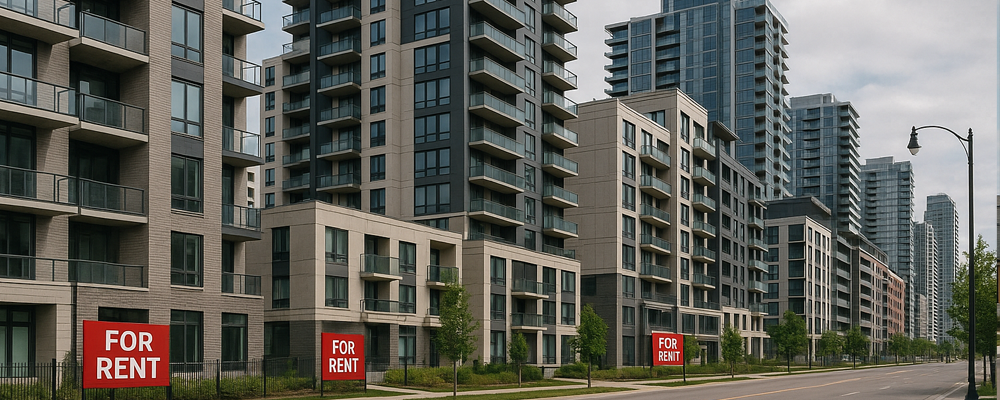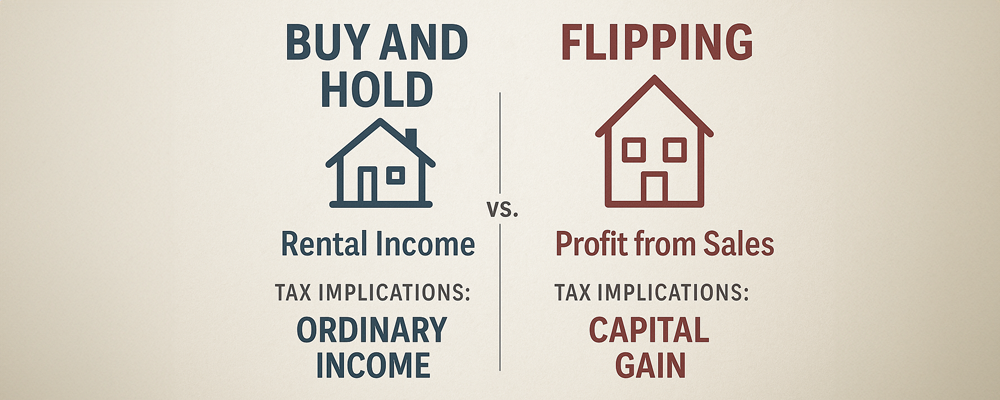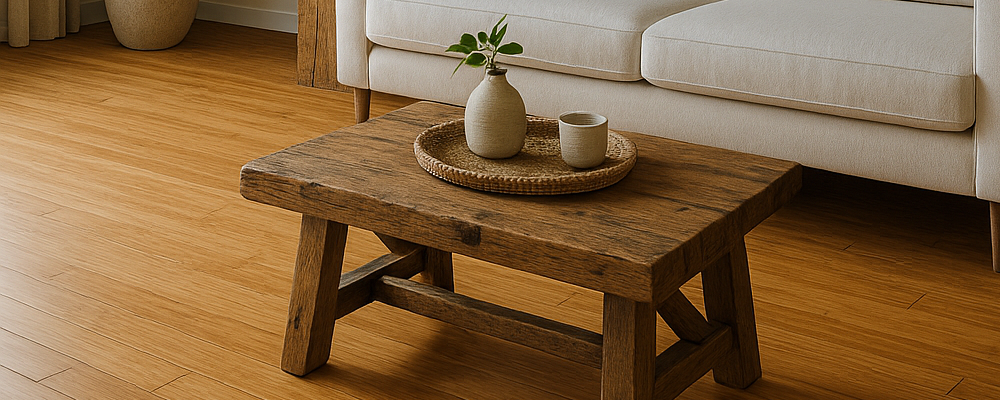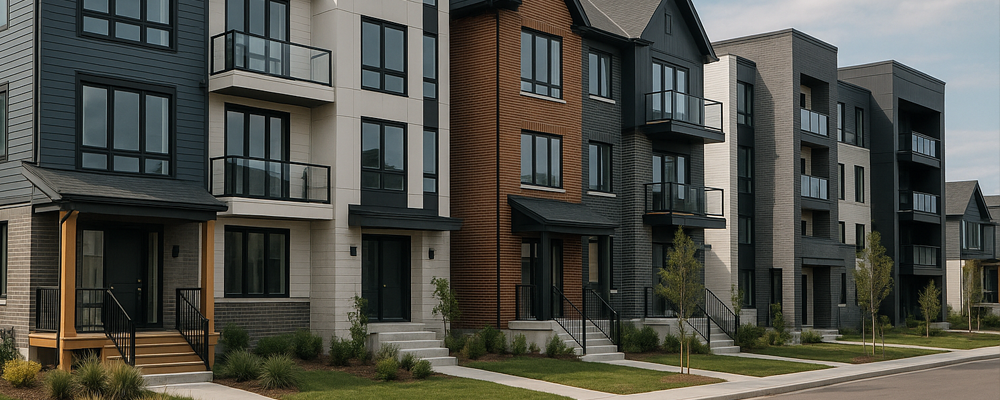Ontario’s housing landscape is changing. More families are turning to multiple family home design as a solution to economic, social, and cultural shifts. Multi-generational homes – where grandparents, parents, and children share a single residence – are now the fastest-growing household type in Canada . This article explores why these homes are on the rise, how design is evolving, and what this means for Ontario’s real estate market.
Why Multi-Generational Living Is Growing
Multi-generational households in Ontario have surged by 50% since 2001, now accounting for 2.4 million Canadians or 6.4% of the population. Several factors are fueling this trend:
Rising Housing Costs: With property prices and rents at historic highs, pooling resources makes homeownership more attainable for many families.Aging Population: Many families prefer to care for elderly relatives at home, providing comfort and saving on assisted living costs.Cultural Traditions: Multi-generational living is common in many cultures and is increasingly embraced across communities in Ontario.Changing Family Dynamics: The traditional nuclear family is evolving , and extended family support is more valued than ever.
The Evolution of Multiple Family Home Design
Designing for Diverse Needs Multiple family home design must address the unique requirements of all ages. Homes are being built or renovated with:
Flexible Floor Plans: Open layouts with adaptable spaces accommodate changing family sizes and needs.Private and Shared Spaces: Separate suites or entrances offer privacy, while communal kitchens and living areas foster connection.Accessibility: Main-floor bedrooms, wider doorways, and accessible bathrooms ensure comfort for seniors and those with mobility challenges.
Key Features in Modern Multi-Generational Homes
Dual Master Suites: Allow privacy for different generations.In-Law or Secondary Suites: Self-contained units for grandparents or adult children.Home Offices and Study Areas: Support remote work and learning for all ages.Energy Efficiency: Shared walls and smart HVAC systems reduce costs and environmental impact.Outdoor Spaces: Courtyards, patios, or gardens provide areas for relaxation and gatherings.
Market Trends: How Ontario Is Adapting
Real Estate and Development Shifts The demand for homes that support multiple family home design is reshaping Ontario’s housing market:
Larger Homes and Flexible Layouts: Builders are creating bigger homes with features tailored to multi-generational living, especially in suburban and rural areas where land is more available.Renovation Boom: Many families are updating existing homes by adding in-law suites or converting basements to accommodate more relatives.Urban Innovation: In cities like Toronto, new zoning laws now allow for up to four units per residential property, including laneway and garden suites, making it easier to create multi-generational compounds.
Changing Community Dynamics As more families choose multi-generational living, neighborhoods are becoming more diverse and vibrant. These homes foster stronger family bonds, provide built-in support networks, and can even help combat loneliness among seniors and children alike.
Considerations for Multiple Family Home Design
When planning a multi-generational home, keep these tips in mind:
Local Bylaws: Understand regulations around secondary suites and accessory dwelling units to ensure compliance.Privacy Balance: Design spaces to respect the privacy needs of all generations while encouraging togetherness.Future-Proofing: Plan for evolving needs, such as growing children or aging relatives, with adaptable layouts and features.
The Future of Family Housing in Ontario
The rise of multiple family home design is not just a trend – it’s a response to real social, economic, and cultural needs. As Ontario’s population grows and diversifies, multi-generational homes offer a sustainable, flexible, and supportive way to live.
Ready to explore multiple family home design for your family? Contact Bridge today to discover how we can help you find or create the perfect multi-generational home in Ontario.




